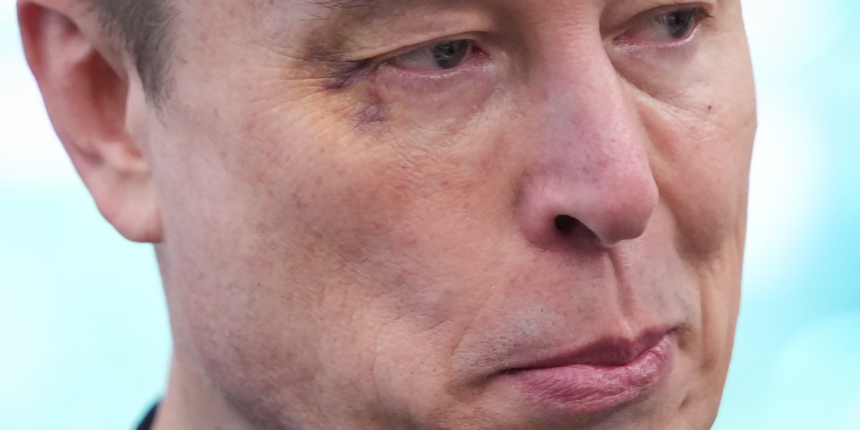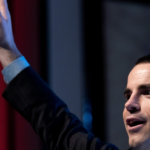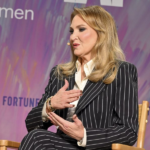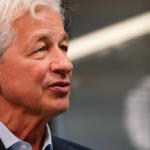“If you’re around and have enough breath left in you to fog the mirror, you get them,” said Dunn. “These don’t have performance targets.”
Technically, the award will be made in restricted shares, but Musk has to pay $23.34 per share to own the stock—the same strike price as his 2018 options. With Tesla’s stock trading at more than $300 a share, the arrangement gives Musk about $280 per share of built-in value, which some comp experts have referred to as “discounted options.”
“A deep-in-the-money stock option grant, awarded solely for retention,” Cunningham told Fortune in a statement.
The new package creates what Farient Advisors’ Eric Hoffmann described as a “floor-and-ceiling” arrangement tied directly to the outcome of the ongoing litigation in Delaware, which Tesla has appealed. If courts again wipe out his original 2018 award of 303 million stock options, Musk gets to keep the new 96 million shares, worth about $29 billion at the current stock price. But if any part of the original grant gets reinstated, the new award will shrink accordingly, said Hoffmann.
“There’s a clause that says ‘no double dipping,’” he said. “But this 96 million share award could be used to make up any of the original grant if he loses in the course of the legal action.”
Hoffmann said the territory the Tesla board is treading is “unprecedented” in executive compensation.
“There’s no playbook for this,” said Hoffmann, who analyzed the terms of the award. “They made the first grant, it got overturned by a judge, they made another grant, got it approved by shareholders and then that got held up.”
In their letter to investors, the board wrote there’s no telling when the court will rule again and described this award as a “first step, ‘good faith’ payment to Elon.”
And this time, the board has left little to chance. Tesla erected a significant legal barrier in May that makes a challenge to this award a lot more difficult to mete out.
Texas followed Tesla’s move by undertaking a campaign to make it a business first state. At this point, it’s unclear how Texas courts would approach a challenge.
“It will be interesting to see whether a Texas court chooses to follow Delaware’s analytical framework—or instead declines to engage in similar judicial scrutiny,” said Cunningham. “The outcome could influence how other companies weigh the relative merits of Delaware versus Texas as a corporate home.”
However, some pension fund leaders who oversee retirees assets invested in Tesla stock have been less than thrilled about Musk’s new award.
“A $29 billion compensation package for any CEO, let alone one who has been largely absent from their daily responsibilities as sales and stock value continue to fall short of investor expectations, is obscene,” said New York City Comptroller Brad Lander in a statement.
Lander said Tesla’s board is enriching Musk at investors’ expense, “once again.”
Illinois State Treasurer Michael Frerichs told Fortune a $29 billion comp package is “egregious on its face.”
“But in light of Elon Musk’s inattention to the day to day needs of Tesla, and the company’s worse than expected stock value, the package suggests a board out of step with their responsibilities to investors,” Frerichs wrote in a statement. “With revenues falling short of expectations, the board should be less concerned with paying fealty to a greedy CEO than with long-term planning for the success of the company. Shareholders should demand better corporate governance.”
SOC Investment Group, which represented a group of investors with nearly 8 million shares invested in Tesla, told Fortune in a statement that today’s announcement included a striking admission from the board. “Even an additional $24B in equity might not motivate Elon Musk to stay for two more years, let alone ensure that he devote sufficient time and attention to turn around the currently slumping sales,” SOC wrote.









